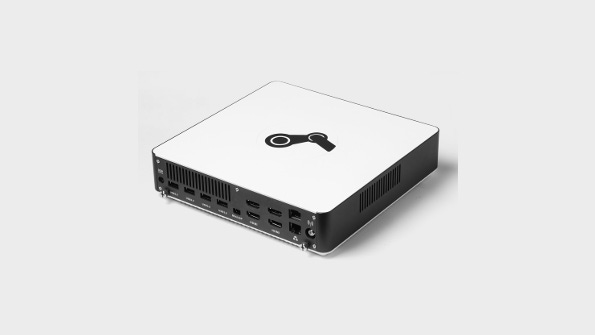Linux has crossed another hardware frontier with the announcement by Valve that Steam Machines based on the open source operating system are finally shipping.

Linux has crossed another hardware frontier with the announcement by Valve that Steam Machines based on the open source operating system are finally shipping.
Steam Machines are gaming consoles that run SteamOS, an operating system based on Debian Linux. Valve is pitching them as an important step forward for the gaming industry, where proprietary software has enjoyed a lingering dominance despite the growth of open source in recent years within other realms of the computing world.
Valve announced SteamOS in September 2013 and began shipping a few hundred beta-version Steam Machines to select users later that year. It released SteamOS itself to the community in 2014.
On Nov. 10, Valve finally fulfilled its promise to bring Steam Machine to the mass market by announcing the general availability of two such Linux-based gaming consoles, the Alienware Steam Machine and the ZOTAC NEN Steam Machine. They’re priced at $449 and $999, respectively.
This news is significant given the previous paucity of open source products in the gaming-console market. Plenty of Linux fans are no doubt celebrating the news from Valve.
That said, the Steam Machine releases are less significant now than they would have been a decade ago. As gaming, like virtually everything else, moves increasingly to the cloud — through platforms like Valve’s Steam Store — gaming consoles are no longer a key battleground for software companies.
Still, this news certainly doesn’t hurt the cause of open source advocates who would like to see more open devices in all parts of the home and office.
About the Author(s)
You May Also Like


